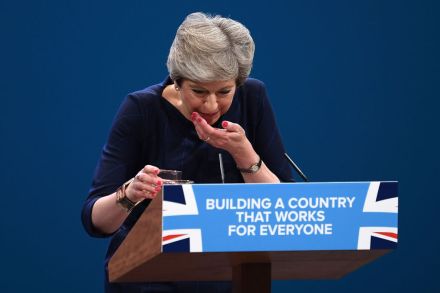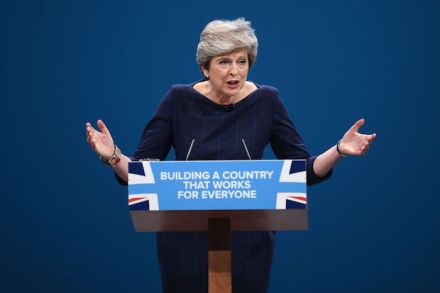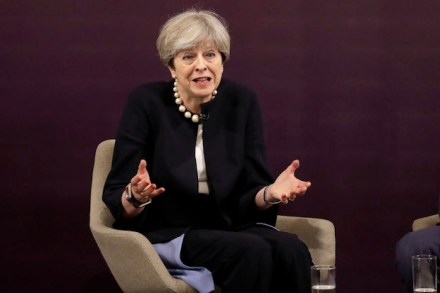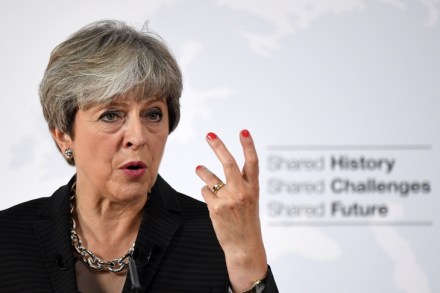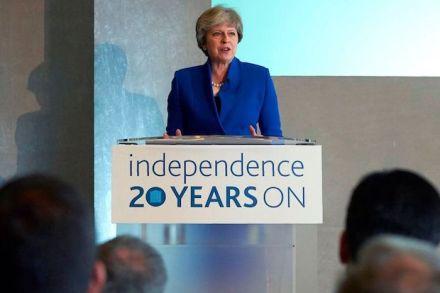Tory MP: May could be PM for another 25 years
Talk of an imminent coup against Theresa May might be somewhat overblown, but most Tories generally accept the Prime Minister won’t be around to fight another election. Not so James Gray. The Tory MP for North Wiltshire thinks May could stick it out for the next five. In an interview with the BBC, Gray said May could go on as Prime Minister for another 25 years: ‘She’s currently 62, some Prime Ministers have lasted until at least 84 so that gives her 22, 25 years to go…so I very much hope she will continue for many years to come.’ If Gray’s prediction is correct, it would also make May the
